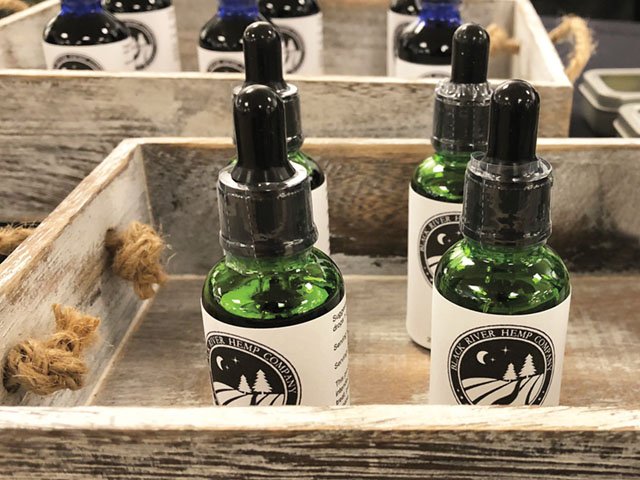CBD: It’s How Some Get Relief From Those Aching Joints
Cannabidiol? Just call it CBD and know that this derivative of the hemp plant won’t give you a “high” – just pleasant relief for those achy joints, says orthopedic surgeon Alejandro Badia MD. The FDA has been slow to act on CBD pharmaceuticals: the federal agency has only officially approved one prescription drug containing a purified form of CBD, this one used for the treatment of epileptic seizures.
But more and more research, much of it conducted in animals, demonstrates CBD’s efficacy in mitigating chronic musculoskeletal, back, and joint pain due to arthritis [ENG], fibromyalgia, spine and nerve disorders, and systemic inflammation, Dr. Badia says. Musculoskeletal and orthopedic problems are considered the second most common reason patients in the United States see a physician.
Dr. Badia cites several recent studies, including a 2020 report published in Clinical and Experimental Rheumatology, which concludes that the addition of medical hemp therapy to standard analgesic treatment for fibromyalgia offers “a clinical advantage” and improves patients’ quality of life. Fibromyalgia is a chronic disease marked by musculoskeletal pain, general fatigue, and malaise.
A 2020 scientific publication by the American Academy of Orthopaedic Surgeons indicates that about 20 percent of surveyed patients suffering from chronic musculoskeletal discomfort report using a hemp compound, and most of those users say the medication has helped them manage their pain.
An earlier survey by the Arthritis Foundation found that nearly 30 percent of arthritis patients used CBD-based products, with many of them saying that CBD appears to improve their physical functioning and sleep.
Some scientists suggest that CBD may even be effective in repairing bone fractures, says Dr. Badia, a Miami-based orthopedic specialist known for his treatment of musculoskeletal problems affecting the upper extremities, including the hands, elbows, and shoulders.
He points to a study, published in the Journal of Bone and Mineral Research, indicating that CBD plays a role in catalyzing the work of “collagen cross-linking enzymes” necessary for healing cracked bones.
Long-term ibuprofen use can increase the risk of heart attack and stroke and cause hypertension, as well as kidney and gastrointestinal problems.
The authors of a study published online in 2017 wrote that “prescription drug overdoses are the leading cause of accidental death in the United States” and stated, “Hemp can be an effective treatment for pain, greatly reduces the likelihood of dependence, and eliminates the risk of fatal overdose compared with opioid-based medications.”
The anti-inflammatory effects of CBD are related to the chemical’s ability to activate the body’s own cannabinoid receptors.
Excitation of these receptors sets in motion a cascade of natural processes that ultimately prompt the body’s white blood cells to repair and heal injured tissues, tendons, and joints, says Dr. Badia. In his practice, he offers selected patients CBD medications, under the brand name OrthoNaturals™.
The National Institutes of Health’s National Center for Complementary and Integrative Health suggests that cannabinoids offer “modest benefits” for chronic pain. Other scientists, however, call for more long-term studies in humans to provide “compelling evidence” of the potential benefits and risks of CBD. They also caution against the current lack of medically accepted standards for administering CBD to specific patients in varying conditions. If you want to know more, read the full info here!
Dr. Badia agrees but asserts that CBD products can be safely administered by physicians with extensive clinical experience and knowledge of cannabinoid use. “Medical hemp is not a new concept. Health professionals have been administering cannabinoids for more than 3,000 years to relieve digestive disorders, alleviate pain and even treat psychological problems,” he says.




